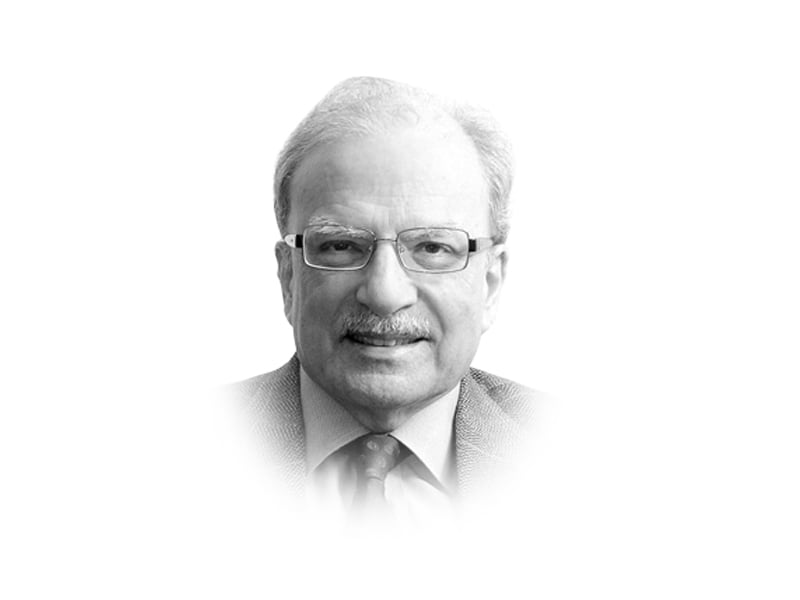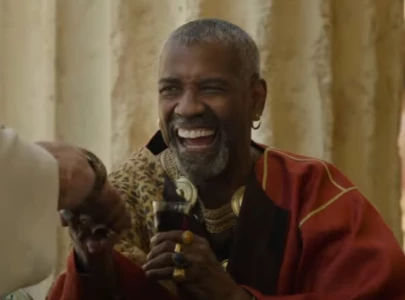
I have written before about the work of the American political scientist Francis Fukuyama whose 1993 book became an instant bestseller. The book, The End of History, was written after the 1991 collapse of the Union of Soviet Socialist Republics, the USSR, and the breakup of the country founded by Lenin and made into a global empire by Stalin. According to Fukuyama, recent world history saw bloody conflicts between ideologies. Two world wars were fought when one ideology tried to defeat the other. First, it was the battle between South and Central European authoritarianism against West European and American liberalism. The West won. The second world war once again pitted the same ideologies and once again the West came out the winner.
These hot wars were followed by a cold war that lasted for a much longer period. For 46 years — from 1945 when the Second World War ended to 1991 when the USSR broke up into its constituent parts — the contest was between the belief that all policymaking should be left to the state and the equally strong belief that individuals should be left alone to their own way of life. Western liberalism once again was the victor and the shape of domestic politics that emerged minimised government’s influence and control over individual lives.
Current world affairs are once again subject to several serious ideological conflicts. Four of these have taken shape in the last few years. What distinguishes them from the previous episodes is that two of these are the product of domestic struggles which at times have flowed into the international arena. There is conflict among what some analysts have called illiberalism when the extreme left and the extreme right have turned on each other, especially in the United States and taken a dangerous turn in the United States. But America is not the only Western nation where this struggle is being waged. Hungary and Poland are two other Western European nations that are engaged in defining their democratic future. There is also an ongoing struggle between extremists and modernists in several parts of the Muslim world.
Ongoing developments in Afghanistan are likely to have serious consequences for Pakistan. They will undoubtedly bring religion into politics in Pakistan more than ever before. Although Pakistan was created to provide British India’s Muslims a homeland of their own, I don’t believe it was religion that made Muhammad Ali Jinnah to found the Muslim nation. For him culture was more important and culturally British India’s 100 million Muslims were very different from 300 million Hindus that made up most of the rest of the population. “While Hindus worship the cow, we Muslims eat it,” he is reported to have said to explain why his community of Muslims needed a country of their own. That ethnicity was more important than religious affinity was vividly demonstrated when Pakistan’s Bengali citizens parted company with the rest of Pakistan to create their own country, Bangladesh.
The arrival of the Taliban state in Pakistan’s neighbour Afghanistan has brought religion into governance in a pronounced way. A senior Taliban leader has said that democracy is not compatible with Islam since those who subscribe to the Islamic faith believe in God’s sovereignty while the western notion of democracy is built on the notion that sovereignty lies with individuals. Islam has a greater say in human behaviour among the Pashtun people than is the case with other ethnic groups in the country. While the Pashtuns are not the majority population in Afghanistan, they are by far the largest ethnic group in the country. However, that said, there are many more Pashtuns in Pakistan than in Afghanistan. There are also Pashtuns in Afghanistan who have bought western ideas of democratic governance. Many of these were educated outside Afghanistan. Former President Ashraf Ghani is a good example of one who flows this line of thinking.
There is increasing rivalry between the word’s current superpowers, the United States and China. China and Russia, United States main global rivals, are approaching world affairs with the type of confidence that America once had and showed to the rest of the world. The Chinese economy has increased in size by an amount never seen in human history before. In 2007, it was 16 times its size in 1980 when the Supreme Leader Deng Xiaoping decided to open the country. Even though the rate of growth has slowed down since the world was hit by what is called the Great Recession, the Chinese economy has doubled in size again. It is now the second largest world economy and expects to overtake the United States in about a decade to become the largest. When the International Olympic Committee met in Kuala Lumpur, Xi Jinping, China’s newly anointed president, said that China “will deliver every promise we made”. With the games a few days away Xi showed his confidence again. Beijing in 2022 “will not only enhance our confidence in realizing the great rejuvenation of the Chinese nation,” he told a virtual meeting of the World Economic Forum. “We will also show a good image of our country and demonstrate our nation’s commitment to building a community with a shared future for humankind.”
Turning now to the developing situation in Eastern Europe created by Russia’s President Vladmir Putin whose recent actions have brought the world closer to a global conflagration than at any time since the end of the long Cold War. The question ‘what is the Russian leader looking for’ is being asked by diplomats, scholars and diplomats-turned-scholars. To the last category belongs Fiona Hill, currently a senior fellow at Brookings Institution after having served more than a couple of decades in various capacities in the United States government watching Russia including Putin. The Russian president’s current “aim is bigger than closing NATO’s ‘open door’ to Ukraine, and taking more territory”, she wrote in a recent article. He had acquired more territory in 2014 when he snatched the Crimean Peninsula from Ukraine and then went on to support a separatist war in the eastern part of the country. This time “he wants to evict the United States from Europe. As he might put it: ‘Goodbye America. Don’t let the door hit you on the way out’.”
Putin seems to believe that the US is currently in the same predicament as his country was after the 1991 collapse of the Soviet Union: grievously weakened by ideological conflicts at home and in retreat abroad. Russia’s behaviour is one consequence of the ideological conflict in the United States. From its perspective, the United States travails after four years of Donald Trump’s disastrous presidency, especially the way he let his country drift away from Europe and its clumsy withdrawal from Afghanistan signal weakness of which Moscow can take advantage.
Russia wants to rewrite security arrangements in Eastern Europe, the part of the continent it wants to dominate. It has demanded iron-clad guarantees that the former republics of Eastern Europe that were once part of the USSR will never join the NATO and that the defence organisation will pull back from positions taken after 1997 and also that Washington withdraws its own forces and weapons including its nuclear missiles.
Published in The Express Tribune, January 31st, 2022.
Like Opinion & Editorial on Facebook, follow @ETOpEd on Twitter to receive all updates on all our daily pieces.













COMMENTS
Comments are moderated and generally will be posted if they are on-topic and not abusive.
For more information, please see our Comments FAQ